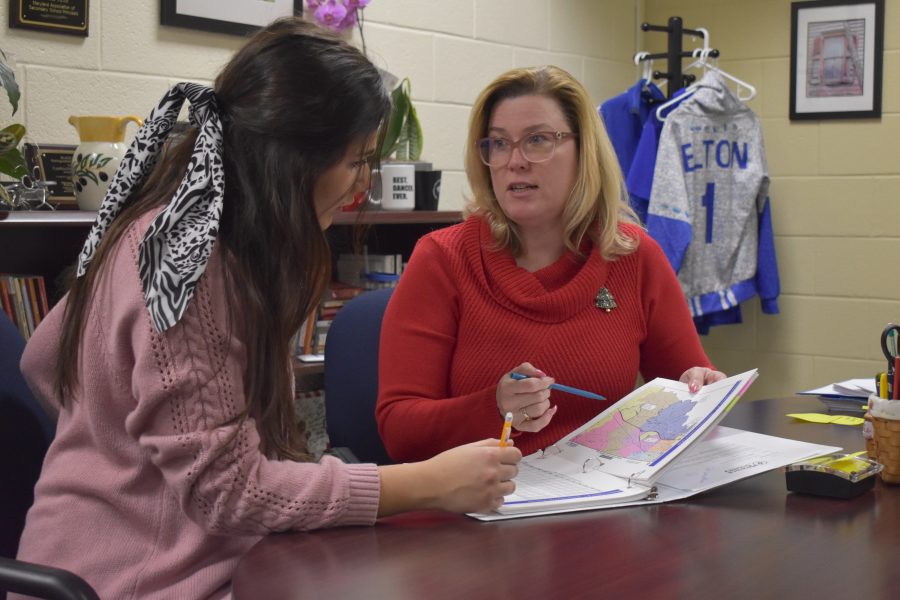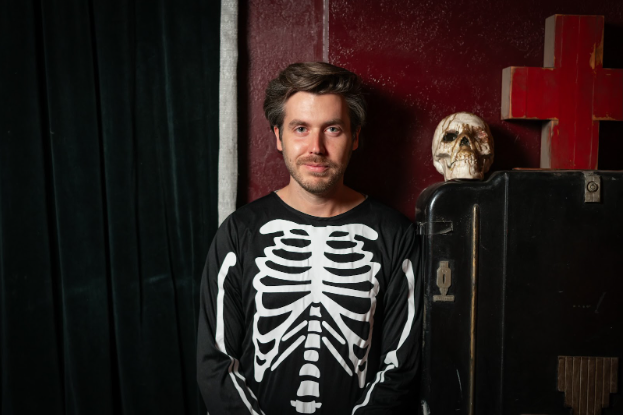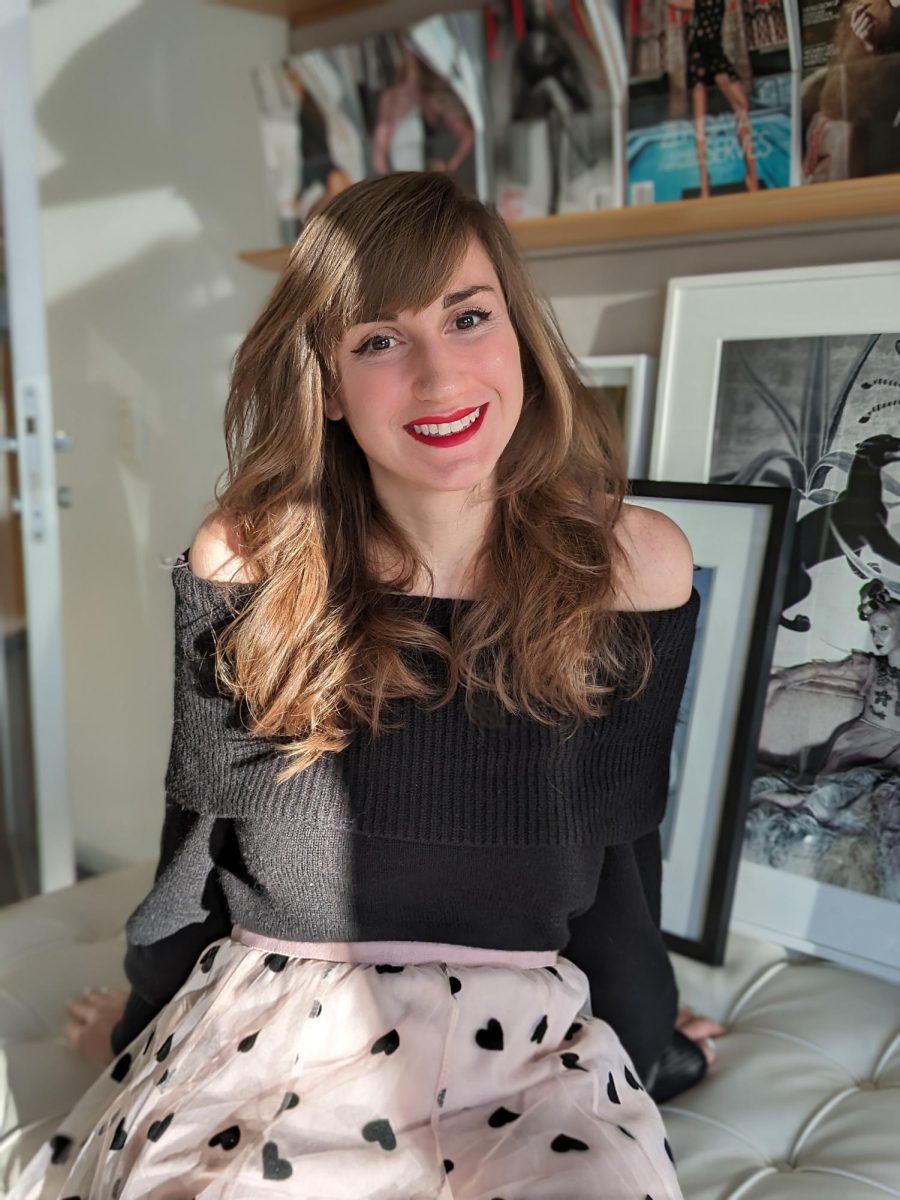Words: Natalie Knight-Griffin
Photo: Sara Ferrara
Here we are. A generation of radical, idealistic, and often angry teenagers. We see the way the world has fallen apart under our feet: rainforests cut down, carbon emissions higher than ever, ice caps melting, mass extinction, oceans of plastic. We have been handed this responsibility, this enormous task of reversing hundreds of years of destruction and pollution. But we accept, no questions asked. Because we understand that this responsibility is greater than us.
I never imagined I would be the type of kid you hear about in the news, in the human interest stories after main program hours. The ones that run their own charities at age eight, the ones who are working day and night to make a difference, the ones who make you feel like you’ve done absolutely nothing with your life. My parents watched quietly before making the oh-so-familiar joke, “Why aren’t you trying to save the world?”
Then, the summer before my freshman year, I saw the Earth in peril and suddenly, I was.
My godmother had introduced me to Flow, a documentary detailing the privatization of water and its detrimental effect on both the worldwide class system and the environment. After that, I began spending the majority of my time observing my own post-consumer waste, not to mention that of my peers. The toothpaste bottle is empty and trashed at 6:38am. My best friend’s leftover coffee drink, watered down, is discarded at 11:12am. At 12:38pm, the bell rings and the lunch table is decorated with three Dasani bottles, sandwich bags with half-eaten PB&Js, Go-Go squeezes, and the assumed necessity of our school’s plastic utensils— despite the absence of their use.
At home, I stand in front of the enormous green bin in my complex; it begins to look the size of my apartment. Its opening is a void, a hole yawning for the day’s trash. None of which, I remember, will degrade in my lifetime. Nor the next. Nor the one after that.
We believe we live in a progressive society— but do we?
Awareness of plastic waste and its environmental effect is no secret. It now feels as though the idea of being “waste-free” is a trend. Reusable straws and biodegradable alternatives are now a marketing term. If capitalist America has caught up, why hasn’t the school system? Is Centennial really a self-proclaimed “green school” if we possess the ability to fill an entire landfill on our own?
In Howard County, we have the privilege of not acknowledging our post-consumer waste; to throw away that crumble of paper in our hands, that soda, in a split second, without another thought. We each produce pounds of trash every day. So, in the minds and hearts of our community, why doesn’t it matter? The answer is obvious: this waste does not directly affect us.
The day’s trash will be taken to the landfill. And that’s all we really need to know, right? What you don’t see are the pounds of waste that will never degrade. The billions of plastic materials that will exist at the bottom of the ocean, in our forests, and in the stomachs of innocent animals for as long as they are alive.
There it was: my big project.
The one that could potentially be the answer to my parent’s fateful question.
Where does the single greatest amount of plastic exist within a high school? Three bins laying on a cafeteria table, each containing an abundance of forks, spoons, or knives.
So it began. I jumped in and invested two months of research into the depths of biodegradable and sustainable utensil distributors. I wrote and sent email after email to the officers at the Board of Education; hoping for traction. Constantly, desperately, always.
Eventually, my Principal Cynthia Dillon aided in landing a meeting from three officers from the Board of Education to discuss the transition away from plastic utensils. We met in the central office of Centennial, with Dillon there to facilitate. Nothing substantive came of the meeting, but I am not discouraged. I will continue to chronicle my research and experiences in a Wingspan series for the 2019-20 school year.
I inform you of this not to point the finger at anyone, nor to deem myself the heroine of this impossible challenge. Instead, I point my question to you.
What are you going to do?
This article is featured in the 2019 Winter Issue. To see the full issue, Click Here!
For more breaking news and photos, follow The Wingspan on Instagram and Twitter @CHSWingspan.



